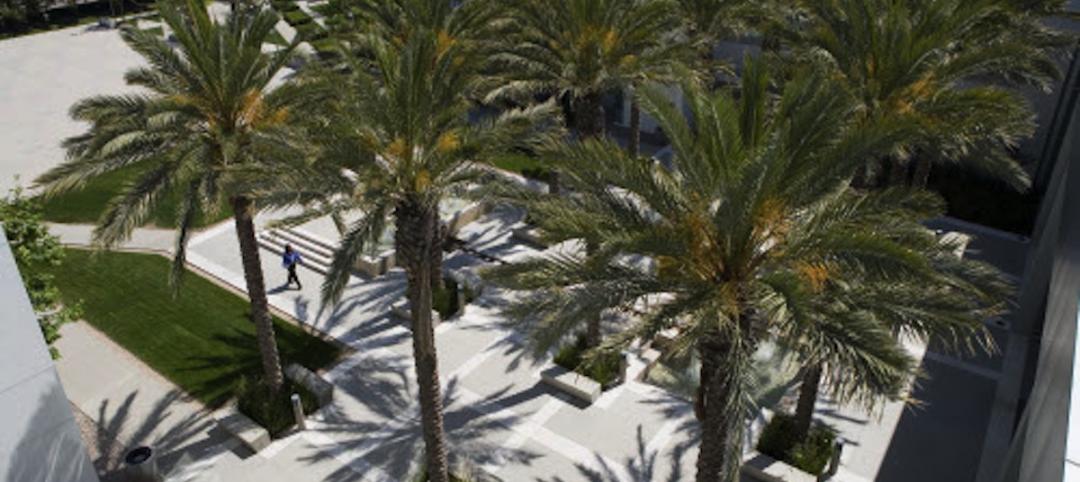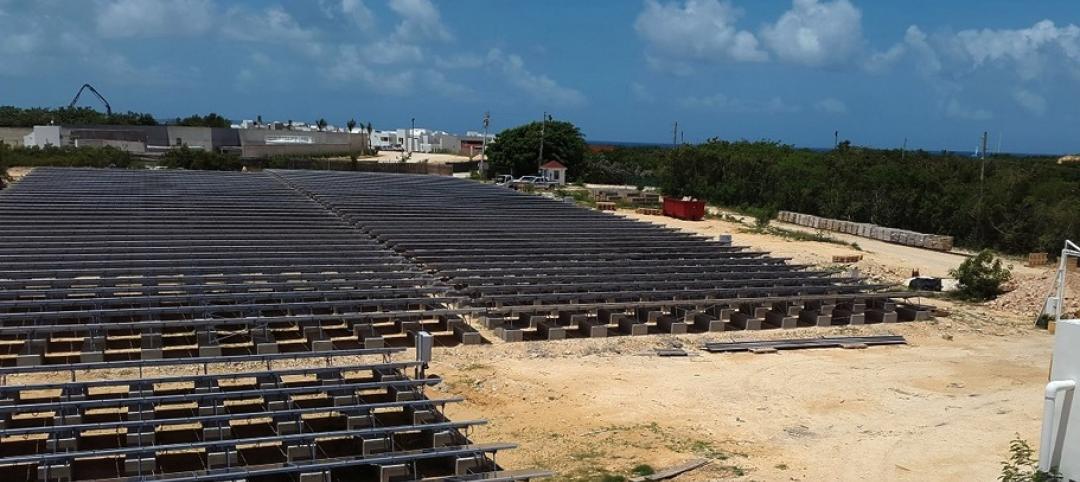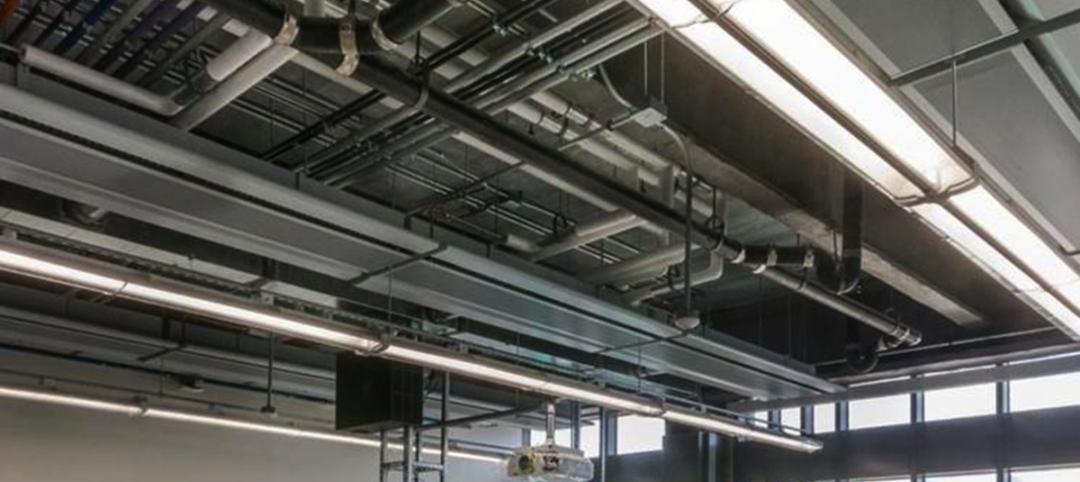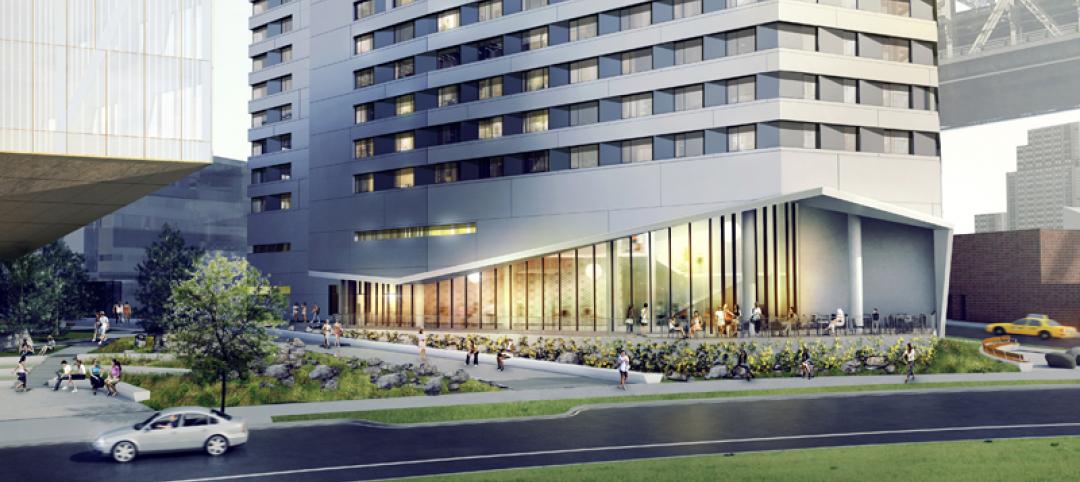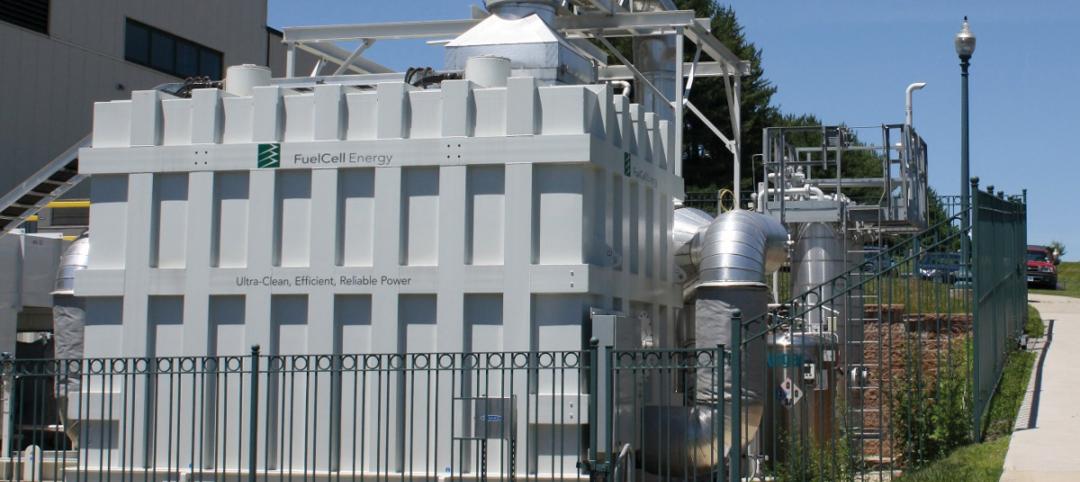Seoul is about to receive its very own elevated park created from an overpass originally built in 1970. In 2006, safety inspectors deemed the overpass to be unsafe and the city planned to demolish and rebuild it. But further consultation with the city’s residents led to the idea of transforming the overpass into a pedestrian walkway, and a design competition was launched in 2015. Netherlands-based MVRDV won the competition with its Seoul Skygarden design.
Park won-soon, Seoul’s Mayor, has described Seoul Skygarden, which will open in April, as a place where “nature and humans can live side by side,” according to qz.com.
And it seems as though there will be a heavy emphasis on the nature aspect of this nature/human interaction as the elevated park will feature 24,000 plants (including trees) labeled and organized in “neighborhoods” along the overpass in Korean alphabetical order. The plants will represent 254 species native to South Korea.
The park will provide aesthetic beauty and a nice strip of greenery through the city, but will have a practical function, as well. Seoul Skygarden will provide a shortcut through the city, turning a 25-minute walk around Seoul Station into a 10-minute stroll. Cafes, performance stages, street markets, and flower shops will be integrated among the thousands of plants.
As night falls, the park will transform with blue lighting from tree pots and lampposts bathing the path while the plants are lit up separately. As Winy Maas, Co-Founder or MVRDV says, rather poetically, on the firm’s website, the lighting will create an effect “as if you’re walking in a cosmos, and all the plants will be lit as if they are the stars, which, they are.”
The park will stretch for 938 meters and will allow for other green spaces to connect to it in the future. Eventually, MVRDV envisions the park becoming an urban nursery growing trees and plants for surrounding districts.
The project is expected to cost Seoul $33 million.
 Rendering courtesy of MVRDV.
Rendering courtesy of MVRDV.
 Rendering courtesy of MVRDV.
Rendering courtesy of MVRDV.
 Rendering courtesy of MVRDV.
Rendering courtesy of MVRDV.
 Rendering courtesy of MVRDV.
Rendering courtesy of MVRDV.
Related Stories
Green | Jun 29, 2015
Rick Fedrizzi to step down as USGBC’s Chief Executive next year
Fedrizzi will be leaving an organization that has grown to 76 chapters. The Washington, D.C.-based USGBC employs 260 people, and last year reported $74.1 million in revenue.
Green | Jun 26, 2015
Training center for electricians in L.A. focuses on net zero technologies
Construction has begun Los Angeles County on what is being called the nation’s largest Net Zero Plus retrofit of a commercial building.
Green | Jun 24, 2015
6 steps toward better water management [AIA course]
When it comes to water conservation, Building Teams tend to concentrate on water-efficient plumbing fixtures, irrigation controls, graywater capture, and ways to recycle condensate from air-conditioning systems. Yet many of the best opportunities for saving water begin with big-picture thinking in a project’s earliest phases.
Green | Jun 19, 2015
3 steps toward sustainable landscape architecture
A water-conscious, sustainable landscape is easily achievable, and the options for native and drought tolerant plants far exceed cacti and succulents, writes LPA's Richard Bienvenu.
Green | Jun 18, 2015
‘Solar water’ poised as global solution
Strapped with both water and energy crises, several island nations are investing in solar-powered water plants to attain more resilient water and power sources.
Lighting | Jun 17, 2015
LED lighting: Replaceable or disposable?
While first generation LED lighting fixtures were basically your standard incandescent or fluorescent housing retrofitted with LED light boards, manufacturers have now begun designing fixtures around the LEDs, writes SmithGroupJJR's Michael Nowicki.
High-rise Construction | Jun 15, 2015
Cornell Tech breaks ground on world's first Passive House residential high-rise
To achieve Passive House standards, Cornell Tech Residential will incorporate a number of sustainability-focused design elements. The façade, constructed of a prefabricated metal panel system, acts as a thermally insulated blanket wrapping the building structure.
Green | Jun 10, 2015
GBCI launches rating system for sustainable landscapes
The new SITES rating system can be applied to development projects located on sites with or without buildings, ranging from national parks to corporate campuses, streetscapes and homes, and much more.
Green | Jun 9, 2015
Fuel cell technology makes its way into energy generation
Demand for fuel cells, while modest, is growing, and cost savings are getting noticed.



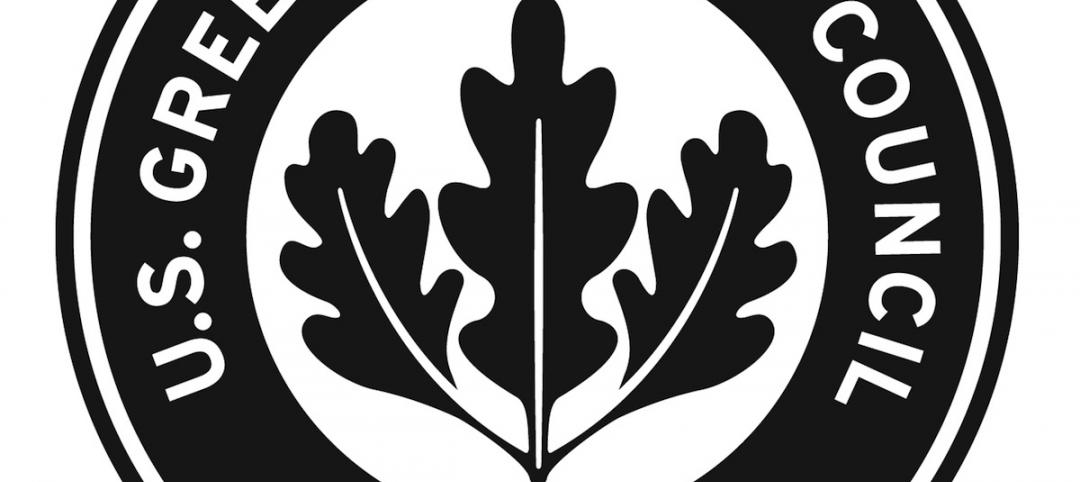
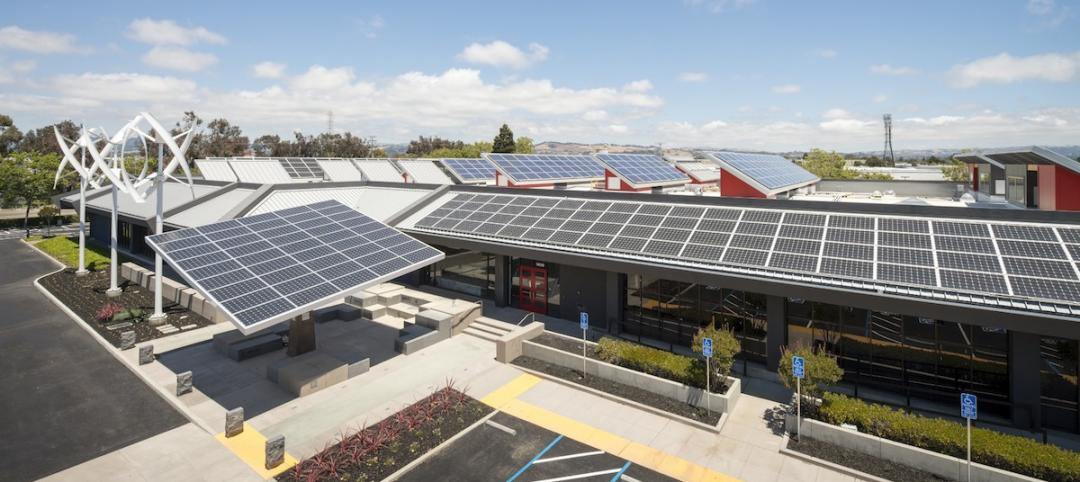
![6 steps toward better water management [AIA course] 6 steps toward better water management [AIA course]](/sites/default/files/styles/list_big/public/VanDusen513.026_grassfix_stairfix.jpg?itok=K8oOWak9)
